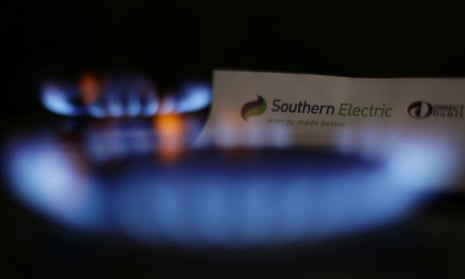Inflation is the lowest it has been in modern times. The cost of food and fuel is bearing down on the cost of living. Those on the lowest incomes are the biggest beneficiaries as stocking the fridge and heating the home gets cheaper. What’s not to like?
Nothing at all, provided the rapid disinflation that the UK is experiencing does not turn into outright deflation. The distinction between the two is important. Disinflation is good news. It increases spending power and living standards by ensuring that prices rise less quickly than wages.
Deflation can be very bad news. Where disinflation tends to affect only some sectors of the economy, deflation is a fall in prices across the board. Where disinflation is temporary, deflation is permanent. Consumers and businesses put off spending decisions because they know prices will be lower in the future than they are today.
Inflation in the UK as measured by the consumer prices index stood at 0.3% in January, down from 0.5% in December 2014. Further falls are in the pipeline because the latest data does not take into account the sharp falls in crude oil prices in late January, and will only gradually pick up the reductions in energy prices that are gradually being announced.
The Bank of England assumes that at some point between the spring and the autumn, the CPI measure of inflation will go negative. That looks a reasonable forecast.
There are a number of reasons for thinking that disinflation will not become deflation. Of the 12 individual categories of spending included in the CPI, only three showed annual falls in the year to January. The big factors driving down the cost of living were food, down 2.5% year on year, and transport, down 2.8%.
So-called core inflation, which excludes food, alcohol, tobacco and energy, rose last month from 1.3% to 1.4%. In part, that was the result of retailers offering bargains in December that they would normally have held back until January, but there is no immediate sign of a general fall in prices.
Oil prices have started to rise in recent weeks and now stand at just over $60 a barrel. Unless the second half of 2015 sees a fall in the cost of crude to match that seen in the second half of 2014, energy will start to add to inflation later this year.
There is, though, one big proviso to this benign outlook. That is that the fall in inflation does not lead to lower wage settlements. Were that to happen, deflation would become a real and present danger. Which is why the earnings data needs watching closely over the months to come.




Comments (…)
Sign in or create your Guardian account to join the discussion